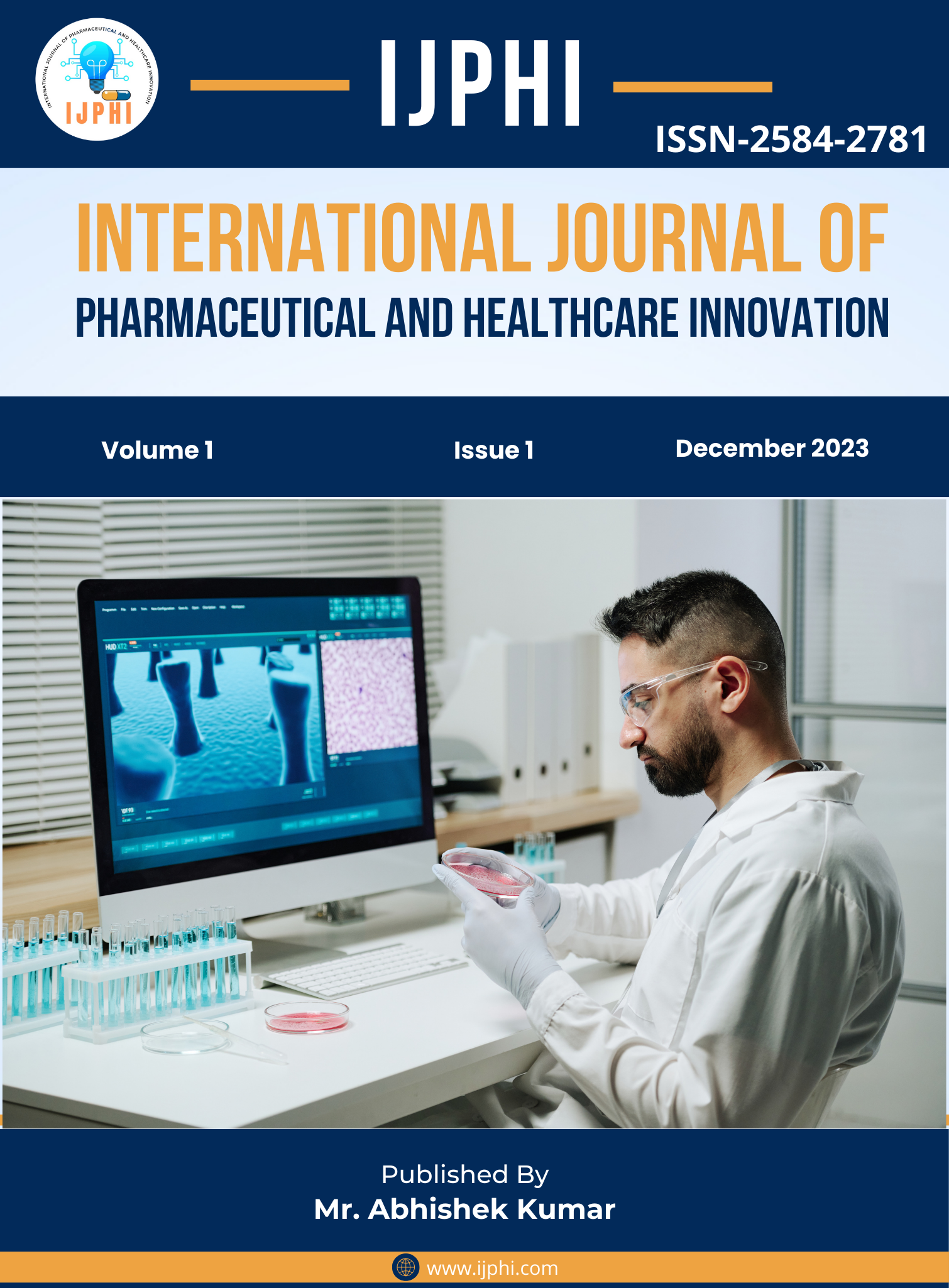Cancer Pharmacology: Understanding the Mechanisms of Anti-Cancer Drugs
DOI:
https://doi.org/10.62752/kcgqah03Abstract
Cancer pharmacology is the study ofhow drugs interact with cancer cells and how they can be used to treat cancer. It involves understanding the molecular and cellular mechanisms of cancer cells, as well as the development and testing of new cancer drugs. Cancer pharmacology is an essentialfield in the fight against cancer as it helps to develop more effective and less toxic treatments for cancer patients. Essential Concepts of Cancer Pharmacology include understanding the different types of cancer cells and how they behave, as well as the mechanisms by which cancer cells grow and spread. This knowledge is used to develop drugs that target specific pathways or molecules involved in cancer growth and spread. The primary categories of cancer medications encompass chemotherapy, precision therapy, immune-based therapy, and hormone-based therapy. Different classes of drugs have distinct mechanisms of action and are employed to treat specific types of cancer. Drug resistance presents a substantial obstacle in the field of cancer pharmacology. Cancer cells can develop resistance to drugs, making them less effective over time. Researchers are working to develop new drugs and treatment strategies to overcome this problem. Adverse Effects and Management are also important considerations in cancer pharmacology. Many cancer drugs can cause side effects, and managing these side effects is an important part of cancer treatment. Future Directions in Cancer Pharmacology include the development of new drugs and treatment strategies, further to the use of customdesigned treatment to tailor treatments to personal patients.

Downloads
Published
Issue
Section
License

This work is licensed under a Creative Commons Attribution-NonCommercial 4.0 International License.
All articles published in the International Journal of Pharmaceutical and Healthcare Innovation (IJPHI) are licensed under the Creative Commons Attribution–NonCommercial 4.0 International License (CC BY-NC 4.0). Authors retain copyright of their work and grant the journal the right of first publication. The published material may be used, shared, and reproduced for non-commercial purposes with proper attribution.
© IJPHI GLOBAL PUBLISHER PVT. LTD.










